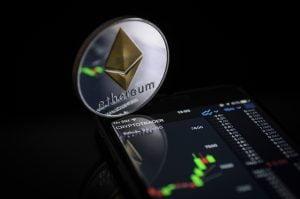The political fallout in Lebanon from the horrific Beirut explosion has resulted in some mind-blowing headlines. The Beirut explosion of a seemingly forgotten cache of highly volatile ammonium nitrate left at least 160 dead and 300,000 homeless, reignited decades of political discontent, and prompted the resignation of Prime Minister Hassan Diab and his entire cabinet. The shocking announcement is a manifestation Lebanon’s complicated political history. To fully understand the delicate position the nation is in now, we need to understand what lead up to it.
A Look at the Sectarian Government of Lebanon
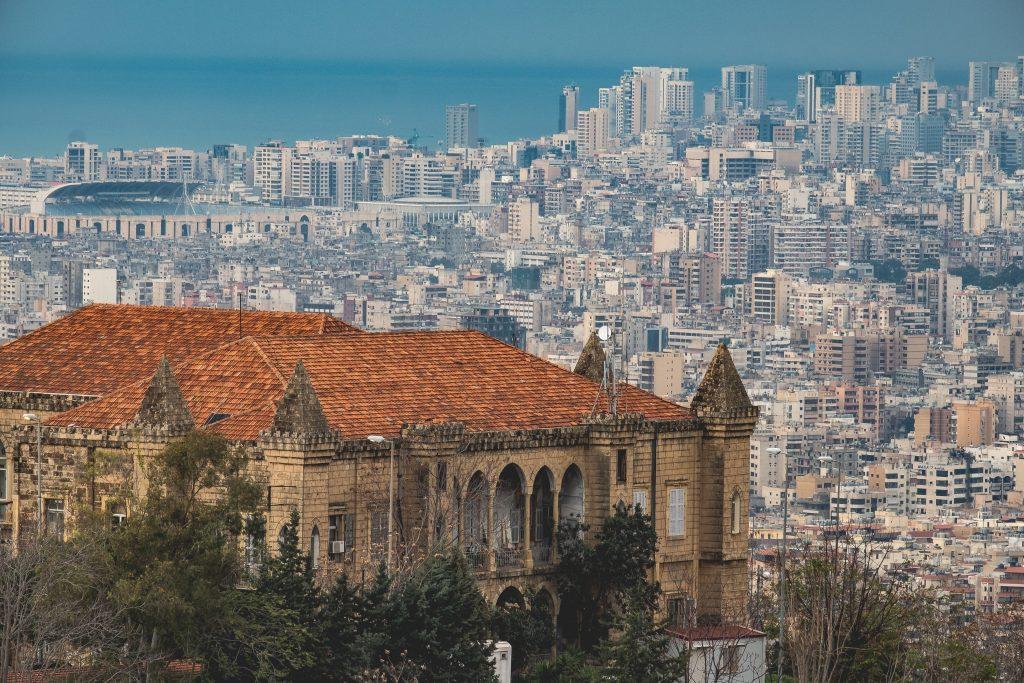
The anti-government protests—both before and after the Beirut explosion—make a lot more sense when you look at the way that the Lebanese government is structured. It also becomes clear after dissecting the country’s political structure as to why the international community insists on bypassing the Lebanese government when providing aid.
The Lebanese government operates under a form of confessionalism, which is a democratic political system that reserves the positions of power for each branch of government for a representative from specific religious community. The three religious communities are Maronite Christians, Shi’a Muslims and Sunni Muslims, and they make up the ruling “troika” of the President (Maronite), Speaker of the Parliament (Shi’a) and Prime Minister (Sunni).
The Parliament is made up of 128 individuals, with half of the chairs reserved for Maronite Christians and the other half for both Muslim communities (prior to the end of the Lebanese civil war in 1990 the distribution was six Maronites to five Muslims). Those representatives are elected democratically based on a simple majority every four years. While the candidates are only competing against other members of their community for seats, the voting is open to all Lebanese citizens regardless of faith; therefore, each citizen can vote for both sides of Parliament.
The elected Parliament holds their own election to decide who will be President. These elections are held every 6 years and the President cannot be re-elected. The Prime Minister is appointed by the President and can be removed by the President at any time.
A Political System that Lends Itself to “Endemic Corruption”
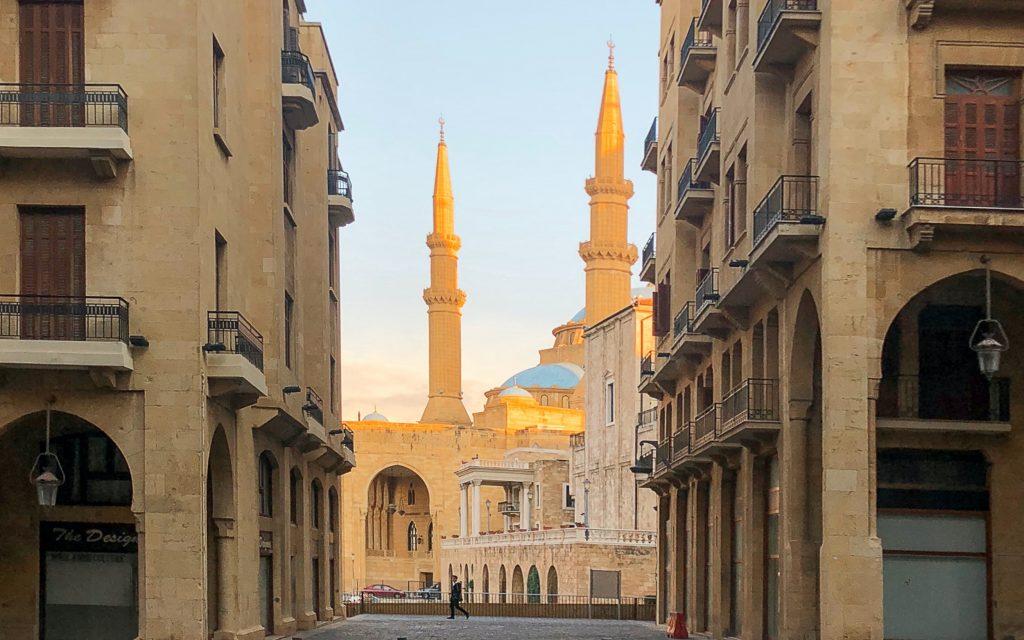
Even though the political system is supposed to preserve a balance among the different voices that make up Lebanon, the distribution of power tends to negate that intention. The Lebanese President holds a lot of power, particularly for an individual so far removed from the Lebanese voters.
As a Christian being elected by a half Christian, half Muslim Parliament, the President only truly represents a portion of the population. How much of the population is a point of contention because the Lebanese constitution was based off of a census conducted in 1932—eleven years before Lebanese independence—that the Lebanese government has refused to update. To this day, the balance of power in Lebanon is dictated by data that is nearly 100 years old.
The President can operate with almost complete impunity after he is elected by Parliament and he has complete control over the Prime Minister’s office. That is a major imbalance of power. The Lebanese civil war saw some attempts to roll back some of the President’s powers by creating a “Council of Ministers” who took over some of his responsibilities for appointing positions within the government. This did little more than increase the bureaucracy of such appointments due to the fact that the President appoints the Council of Ministers.
Due to the fact that the power to elect the President lies in the hands of Parliament, the local political scene is very active and there are many powerful families lobbying for candidates of parliamentary seats. The elite in Lebanon hold a lot of sway and use their power to get candidates that preserve their interests elected. There are many small political parties that have taken hold in their respective territories to preserve power in Parliament.
There are also the issues of the elections themselves, as the Parliamentary elections failed to take place between 2009 and 2018. The political system in place so perfectly lends itself to corruption that the “endemic corruption” in Lebanon is less of an open secret and more of an accepted fact. This is also why Lebanese protestors took to the streets to warn French President Emmanuel Macron against trusting aid money with the political elite.
The Explosion Reignited Anti-Government Protests, but They Are Nothing New
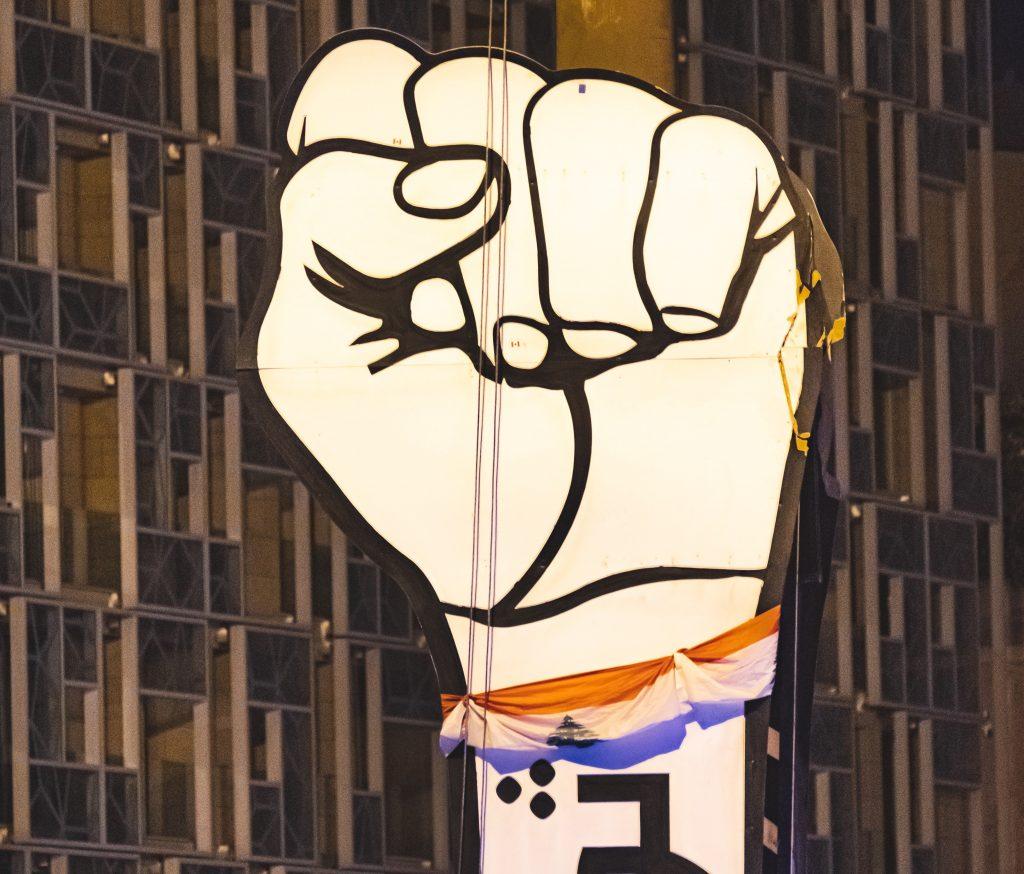
The recent protests that triggered the Prime Minister’s resignation had been going on-and-off since October 2019 before ramping up in intensity after the Port explosion, but the anti-government sentiment amongst its citizens has been plaguing Lebanon for decades.
The largest proponents of maintaining the current political system are, naturally, those who benefit from it the most, particularly the financial elite. There are vocal opponents to it in the Sunni communities because they feel as though they are underrepresented, particularly due to the influx of Palestinian Sunni refugees who have no political voice. The Druze community is a small religious community in Lebanon who hold no power in the current government model and are vocal proponents of change as well.
In spite of the religious nature of the Lebanese government, there are members from all religious faiths who are calling for government reform, especially after the Beirut explosion. There is a movement calling for a secular government to be created in Lebanon, but there are other voices in the mix as well.
Hezbollah’s Influence on the Lebanese Government
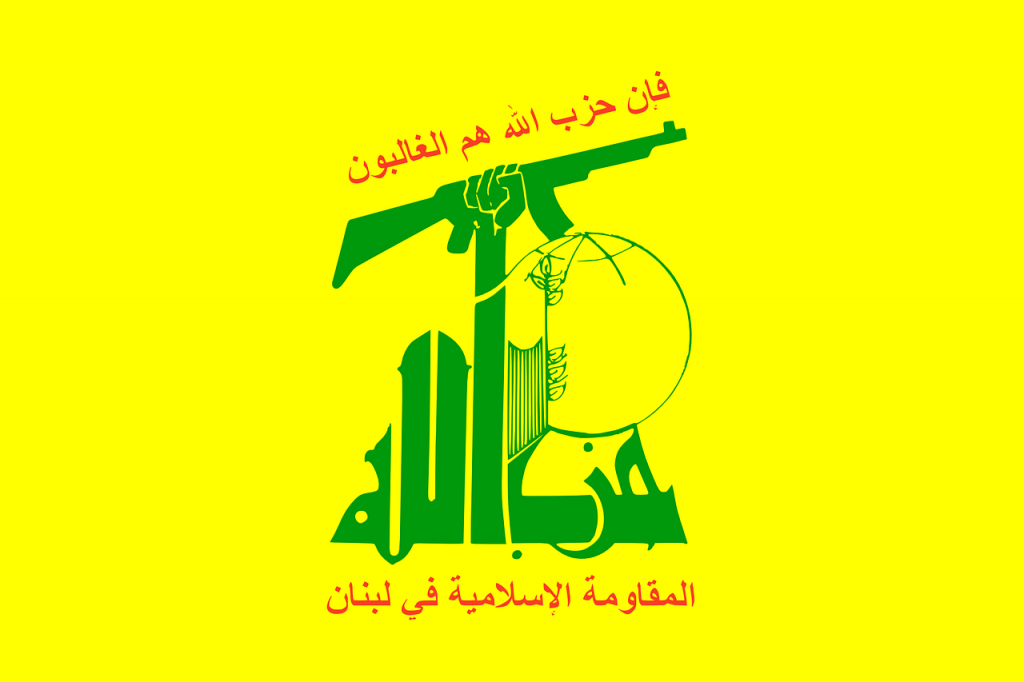
Hezbollah has significant influence in the Lebanese political-sphere. The Shi’a paramilitary group holds 13 of the Parliament’s 128 chairs, and is willing to pursue its goals through a variety of tactics, some of which have earned its a designation as a terrorist group both by the United States and by the United Nations. The group holds so much power, that Reuters declared, “Hezbollah got power but lost the country” in the wake of the Beirut port disaster.
One member of Hezbollah was just convicted for the bombing assassination of the two-time Lebanese Prime Minister Rafic Hariri in 2005. The conviction was issued in absentia as Hezbollah has refused to hand over the convicted suspect and his co-defendants (who were not convicted) to the Lebanese government. In delivering the conviction, the court admitted it could not connect the attack to Hezbollah leader.
Although all of the suspects were members of Hezbollah, the organization’s leader, Hassan Nasrallah asserts the group’s innocence and dismisses the verdict, saying “We’re not concerned with the special tribunal of Lebanon’s rulings. We cling to the innocence of our brothers, should unjust verdicts be issued against them.”
A Look Ahead for Lebanon
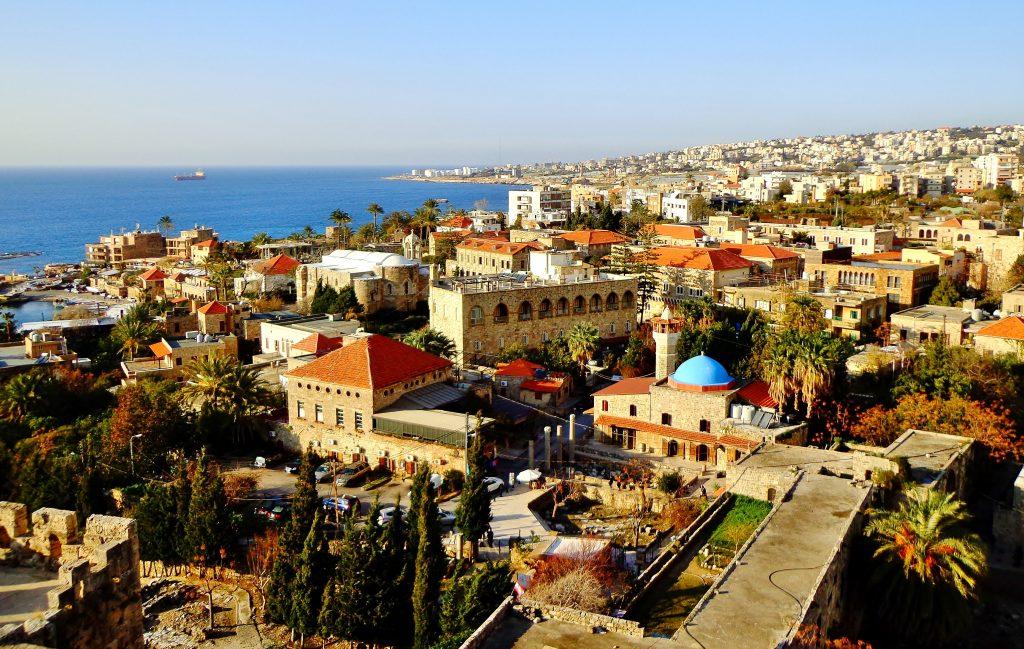
The volatile and cluttered nature of the Lebanese political landscape means that there are a lot of factors that need to be addressed if any substantial political reform is to take place, and the Beirut explosion only exemplified that in the same ways that the COVID-19 crisis only exacerbated the need for healthcare reform in the United States. While the headline that the Prime Minister and his entire cabinet resigned seems unprecedented at first, a look at the nation’s political history shows how that position was fraught with instability and turnover.
The Beirut explosion has reinvigorated the calls for reform among the Lebanese people and the Lebanese government is receiving pressure from international organizations like the IMF to initiate some major changes. However, reform would require fundamental changes to the troubled nation.



